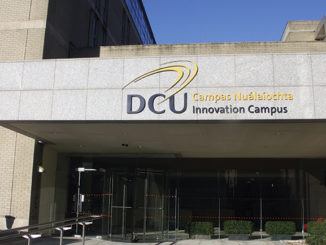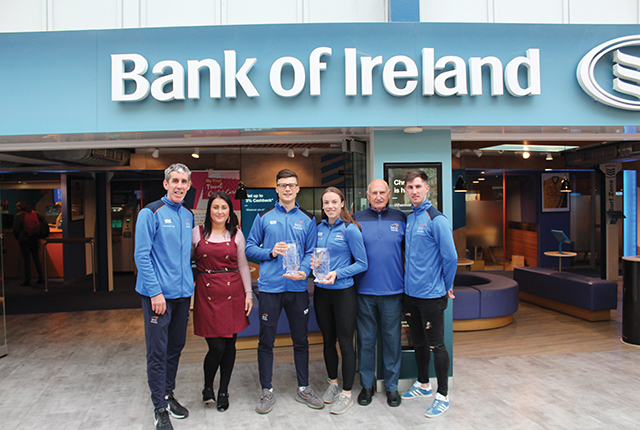
[dropcap]A[/dropcap]ccording to the Department of Housing, as of August 2021, 8,212 people are accessing state-funded emergency accommodation.
2,189 of those are children while 3,173 of those are under the age of 24, an increase of 80 people in this group since July 2021 .
The Peter McVerry trust have stated that this figure does not include people sleeping rough or couch surfing, homeless households in domestic violence refuges, homeless people in hospitals or prisons, or those in direct provision.
In 2020, 4,220 of these individuals were located in the Dublin region, while there were 29,698 households on the social housing waiting list.
In the Mayo/Roscommon region there were 37 adults in official homeless emergency accommodation, while there were 29 adults accessing emergency accommodation in the Donegal/Leitrim region.
In 2016 the former Minister for housing, Simon Coveney vowed that under the Rebuilding Ireland framework, Ireland would see 47,000 new social houses over the course of six years.
In 2020, a sum total of 4,326 social homes had been built, just over 12% of the intended target.
In September, the current Minister for Housing, Darragh O’Brien launched ‘Housing For All’ which proposed that the state would provide 90,000 new social homes by 2030.
Dublin architect, Mel Reynolds has stated that the governments new social housing plan to build 9,500 homes a year is “unrealistic”.
The government have allocated a guaranteed €4 billion a year to increase the supply of housing to an average of 33,000 homes per year in the next ten years.
They have stated that this is the highest level of government investment in building social and affordable housing ever with an increase of €773 million from 2020.
Minister Darragh O’Brien has stated that this is the “the largest state building plan in our history”.
The CEO of the Peter McVerry Trust, Pat Doyle said that his organisation broadly welcomed the plans in the budget with increases for the homeless budget.
“There is such a focus on housing. We see a massive building programme and a massive leasing programme announced from the Minister of Finance,” Pat said.
He also made reference to the increase in mental health supports and childcare supports. He stated the importance of this as “homelessness isn’t just about housing.”
The budget saw the announcement of 15,800 tenancies supported through the Housing Assistance Payment scheme (HAP) and Rental Accommodation scheme (RAS), which helps to enable people to achieve independent housing.
Despite the woes of the Covid-19 pandemic, 2020 saw the largest recorded annual fall in homelessness to date.
The number of people in emergency homeless accommodation fell by 2,000 between January and December.
However, according to Focus Ireland, they have noticed some worrying trends.
“Homelessness among single adult men has risen to new record levels, with most of the increase being in Dublin,” they stated.
According to Focus Ireland’s Gender and Homelessness report, the gender split in Dublin is approximately 60% male and 40% female.
Throughout the rest of the country, there are slightly fewer women in emergency accommodation. About 65% are male while 35% are female.
Outside of Dublin 64% of women in emergency accommodation are women without children, 22% are lone parents while 14% are part of a couple with children.
They have stated that the number of single men in emergency accommodation has continued to increase during 2020. The number of women in emergency accommodation in Dublin has remained steadily around 1,500.
In July 2018, the number of women with children in Dublin emergency accommodation had quadrupled since June 2014.
However, between July 2018 to the end of 2020, this figure has halved.
Along with the plight of homelessness, those accessing addiction services were faced with the struggle to access adequate treatment measures throughout the course of the pandemic.
According to the Dublin Simon Community, they continued to offer addiction recovery services and blood borne virus services despite the pandemic.
Between the months of March-June, there was a partial suspension of their benzodiazepine detox and residential alcohol services.
According to their Annual report for 2020, the ratio of male to females accessing their residential detox services is 6:1 and three quarters of those are aged between 35-54.
50% of those accessing the services have been experiencing homelessness for 5 years or more.
The McGarry house services in Limerick noted that they used Naloxone, a life-saving medication used to block the effects of drug overdoses, 42 times in 2020, compared with 18 in 2019.
They felt that the lockdown triggered incidents of overdoses and drug relapses due to loneliness, limited access to services, fear and double social welfare payments.
They stated that overdose and risky drug use escalated throughout the pandemic, particularly during the first lockdown.
Minister for Health, Stephen Donnelly announced €10 million in additional funding to expand the availability of drug and alcohol services across the country in the budget.
“I have also secured €4.2 million to continue to support the additional 700 people who were put on opioid substitution treatment as a contingency measure during Covid-19,” he said
He stated that the funding will also provide health supports for over 2,000 people who are homeless with complex health needs.
Kathleen Keane
Image Credit:



